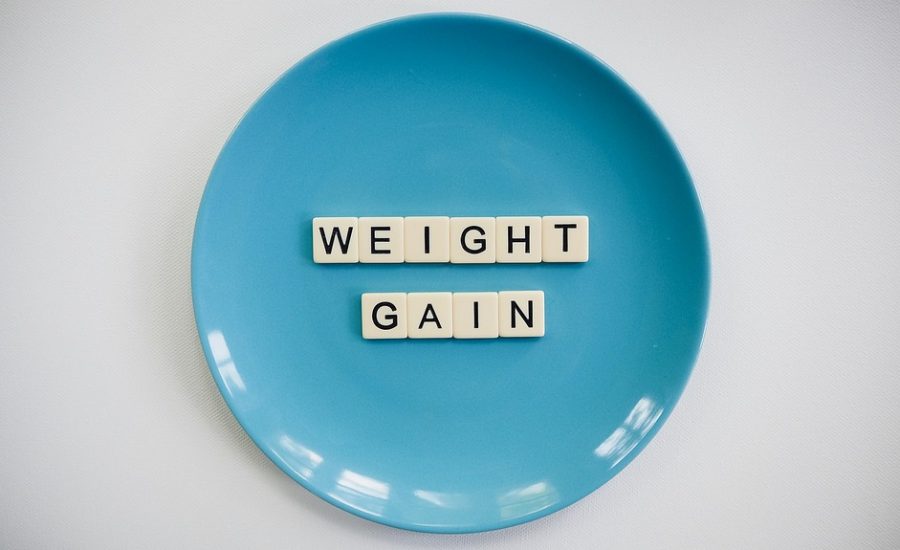Are you struggling to shed those extra pounds despite a healthy diet and regular exercise? If so, it may be time to consider the role hormones play in weight loss. Hormones are biological messengers that can significantly influence your metabolism, appetite, and fat storage. By optimizing hormonal balance, you can enhance your weight loss efforts. In this article, we’ll explore 10 effective hormone-balancing strategies to help you achieve sustainable weight loss.
Understanding Hormones and Weight Loss
Hormones such as insulin, cortisol, and leptin directly impact how your body regulates fat storage, hunger, and energy expenditure. When your hormones are out of balance, they can trigger cravings, slow down metabolism, and even lead to weight gain. Therefore, focusing on hormone health is crucial for effective weight loss.
1. Prioritize Sleep Quality
Why Sleep Matters
Lack of sleep can disrupt hormones like cortisol (the stress hormone) and ghrelin (the hunger hormone), leading to weight gain. Aim for 7-9 hours of quality sleep each night to support optimal hormone function.
Tips for Better Sleep:
- Create a consistent sleep schedule.
- Limit screen time before bed.
- Make your bedroom dark and cool.
2. Manage Stress Effectively
Stress and Weight Gain
Chronic stress can elevate cortisol levels, which may lead to cravings for unhealthy foods, particularly sugar and fats. Finding ways to manage stress can help maintain a healthy hormonal balance.
Effective Stress-Relief Strategies:
- Practice mindfulness or meditation.
- Engage in regular physical activity.
- Spend time outdoors or pursue hobbies.
3. Eat a Balanced Diet
Macronutrients Matter
A well-balanced diet rich in whole foods can help maintain hormone balance. Focus on the three macronutrients: proteins, fats, and carbohydrates.
Key Food Groups for Hormonal Health:
- Lean Proteins: Chicken, eggs, beans, and fish support muscle growth and appetite regulation.
- Healthy Fats: Avocados, nuts, and olive oil provide essential fatty acids that aid hormonal health.
- Complex Carbs: Whole grains, fruits, and vegetables offer fiber, which can support digestion and hormonal balance.
4. Stay Hydrated
The Importance of Hydration
Dehydration can lead to increased hunger and cravings. Drinking sufficient water can help regulate hormones that are involved in appetite control.
Hydration Tips:
- Aim for at least 8 cups of water daily.
- Include hydrating foods like cucumbers and oranges in your diet.
5. Incorporate Regular Exercise
Benefits of Physical Activity
Regular exercise helps to reduce cortisol and boost hormones like testosterone and growth hormone, both of which support fat loss and muscle gain.
Effective Types of Exercise:
- Strength Training: Builds muscle mass and enhances metabolism.
- Cardio: Burn calories and stimulate hormonal responses that help regulate appetite.
6. Consider Intermittent Fasting
What is Intermittent Fasting?
Intermittent fasting involves cycling between periods of eating and fasting. It can help regulate insulin levels and improve metabolic flexibility.
Fasting Methods:
- 16/8 Method: Eat during an 8-hour window and fast for 16 hours.
- 5:2 Diet: Consume a regular diet for five days and limit calories significantly on two non-consecutive days.
7. Prioritize Protein Intake
Why Protein is Essential
Protein helps stabilize blood sugar levels and reduces hunger hormones, promoting a feeling of fullness for longer periods.
How to Increase Protein:
- Include protein-rich foods like chicken, turkey, fish, tofu, and legumes in every meal.
- Consider protein shakes for convenient supplementation.
8. Limit Sugar and Processed Foods
The Impact of Sugar
High sugar intake can lead to insulin resistance, impacting fat storage and weight loss. Reducing refined sugars and processed foods can help keep hormones in check.
Smart Swaps:
- Opt for whole fruits instead of sugary snacks.
- Choose whole grains over white bread and pasta.
9. Support Gut Health
Gut Hormones and Weight
A healthy gut microbiome can influence the production of specific hormones that regulate appetite. Improving gut health can help you manage your weight more effectively.
Tips for Gut Health:
- Eat fermented foods like yogurt, kefir, and kimchi.
- Incorporate fiber-rich foods to nourish good bacteria.
10. Seek Professional Guidance
When to Consult a Healthcare Professional
If you’re still struggling with weight loss despite trying these strategies, it may be beneficial to consult with a healthcare provider. They can help assess any underlying hormonal imbalances through testing.
What to Expect:
- Hormonal blood tests to assess levels of insulin, cortisol, and thyroid hormones.
- Personalized guidance on medications or supplements that may aid in hormonal balance.
Conclusion
Achieving effective weight loss often goes beyond traditional diet and exercise. By focusing on hormonal balance and implementing these top 10 hormone-balancing strategies, you can create a solid foundation for long-term success. Remember, gradual changes are key; prioritize your health, stay consistent, and consult with professionals when necessary. With the right approach, you’ll be on your way to a healthier, happier you!
By incorporating these strategies into your daily life, you’re not just enhancing your weight loss efforts; you’re investing in your overall health. Start today and watch as your hormones—which play a critical role in weight management—become allies in your journey.








 Weight Loss, Unlocked.
Weight Loss, Unlocked.